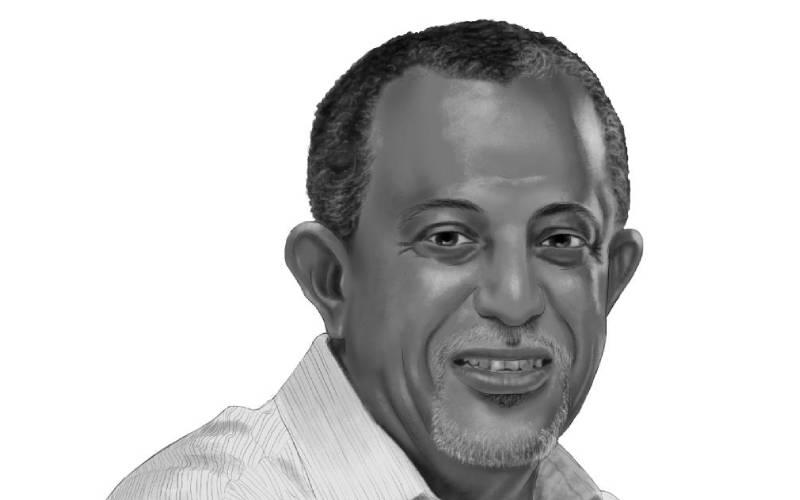×
The Standard e-Paper
Fearless, Trusted News

Suleiman Shahbal caricature. [File, Standard]
The other day, Mombasa Governor Hassan Joho was on stage. Sporting a McQueen t-shirt, the latest Dolce & Gabbana sneakers and an Isaac Hayes beard, he demanded from the people “ufuasi au Ushirika?” (do you want to be followers or partners?).